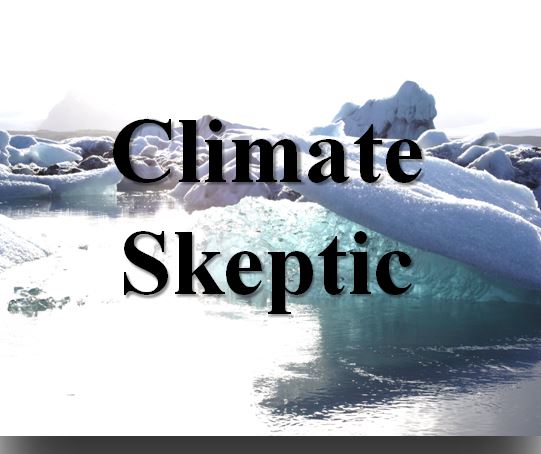As we all know, the reliability of temperature trends is very important in climate change we need to be sure we can trust historical measurements.
First we found stations have exposure problem. There is a survey from 2009 in the US to check the quality of the measurement’s environment of 1,221 climate-monitoring stations belongs to NOAA. They found that 89 percent of the stations fail to meet the National Weather Service’s own siting requirements that is, stations must be 30 meters or more away from an artificial heating or radiating/reflecting heat source.
If a climate station is moved, malfunctions, or if the time of day at which the observations are taken changes, the temperature record is discontinuous.It is not known whether adjustment techniques satisfactorily compensate for biases caused by poor siting. They should also be away from urban areas to avoid the urban heat island (UHI) effect.
Second, Missing data add the uncertainty. For instance when they change instrument, there is no other temperature sensors that permit intercomparison record. How they fix the missing data is to fill in with data from nearby sites. However, this is only possible if there are many stations suitably close together, which is for the most part only true in parts of the US and Europe. In some area For example, the Sahara desert, the observation mostly depends on satellites.
Third, uncertainty is not only caused by exposure problem. Considered measurement error and magnitude uncertainty, the global surface air temperature anomaly with its 95% confidence interval is 0.8±0.98 C in 1856-2004. Thus, the global average surface air temperature trend is statistically indistinguishable from 0 C.
So our group believe that existing temperature data to study climate change is very uncertain.
Research process: Because the question for the debate was too specific we had to narrow our research as we were told to focused on questioning whether global average near-surface air temperature has increased regardless of the sources. Most of the skeptics’ arguments are based on denying climate change due to anthropogenic causes so we had to be very careful on the direction we were about to take.
During the debate it was clear that journalists shared the skeptical attitude towards climate change and the uncertainties arising from it. Natural scientist talked about climate change with indirect evidences and could not argued the statements about the imperfections in current techniques.
Politicians claimed that climate change is evident as they showed consequences in Greenland’s ice- cover.
As a conclusion of the debate we can say that it was difficult to follow a line of discussion as we ended up deviating from the original question.


I think that you played your role as “well-educated person skeptical about climate science” very well. You mimicked the way of argumentation of skeptics in the respective field very well. I agree that the “mainstream climate scientists” had difficulties to debunk your arguments. If I would play the “mainstream climate scientist”, I would attack you by pointing out that you have been unclear about your sources of information – both in your discussion contributions and in your blog. You refer to “a survey from 2009” or a confidence interval of a temperature change over 1856-2004 without indicating the respective literature references. A “mainstream climate scientist” would attack you by saying that you presented untrustworthy information since the survey from 2009 has not been peer-reviewed and was prepared by an outspoken “climate science skeptic” (Anthony Watts). And the estimate of the large confidence interval of the temperature change over 1856-2004, which are in conflict with other studies on the topic, was prepared by another outspoken climate skeptic (Patrick Frank) and was only published in the journal Energy & Environment, which has been criticized by “mainstream climate science” for its low standards of peer review, little impact in climate research, and tendency to publish “climate denier” papers (see for example https://en.wikipedia.org/wiki/Energy_%26_Environment). Let there be no misunderstanding: Personally, I do not think that scientific arguments should be rated according to the reputation of the outlet of the publication; instead I think that studies should be valued considering their methodological soundness, logical consistency and presented evidence. However, it is essential for a scientific debate to lay open all sources of information.